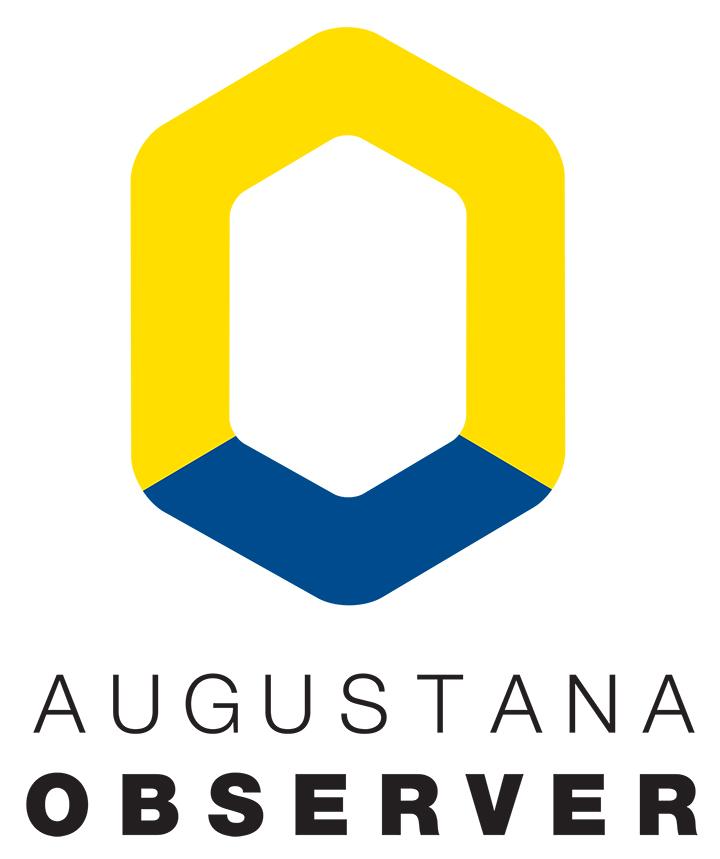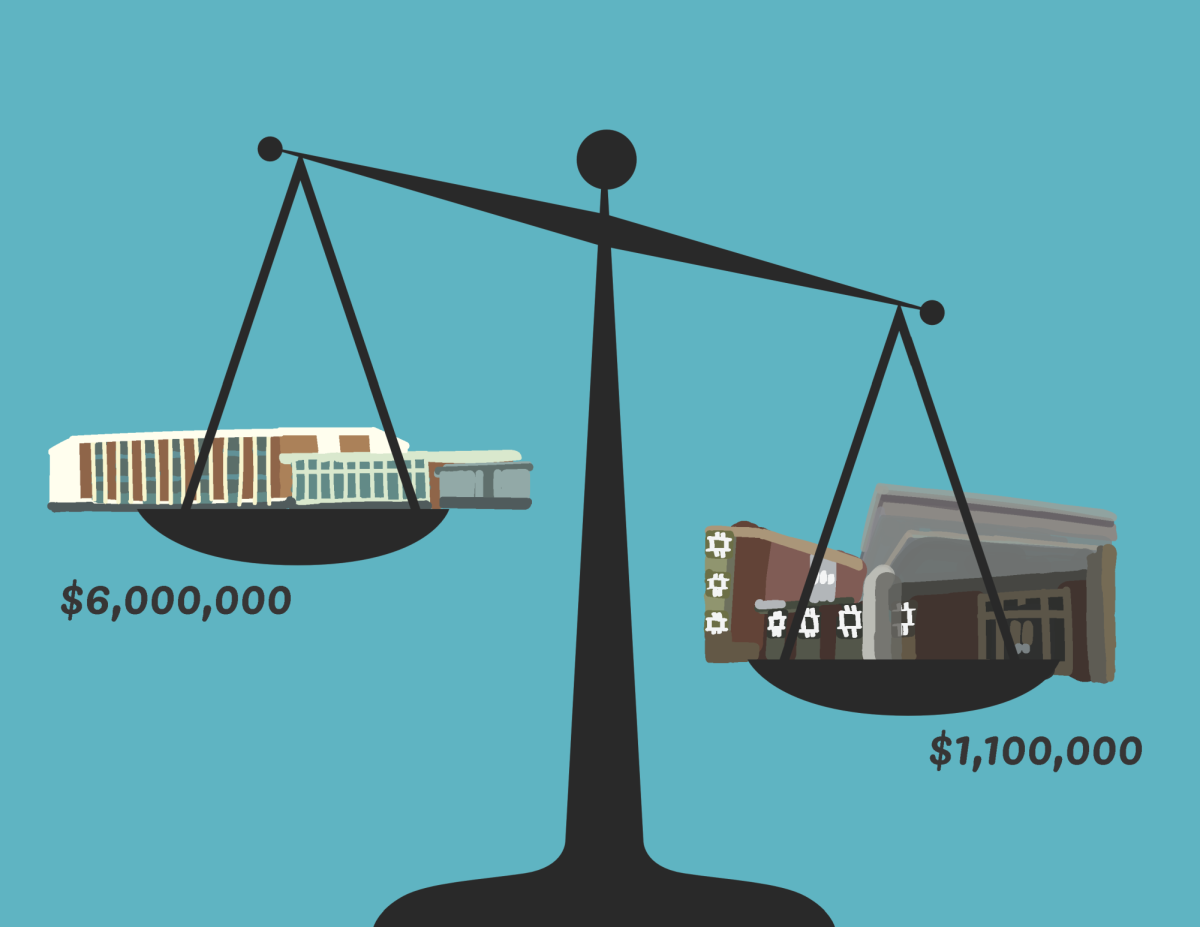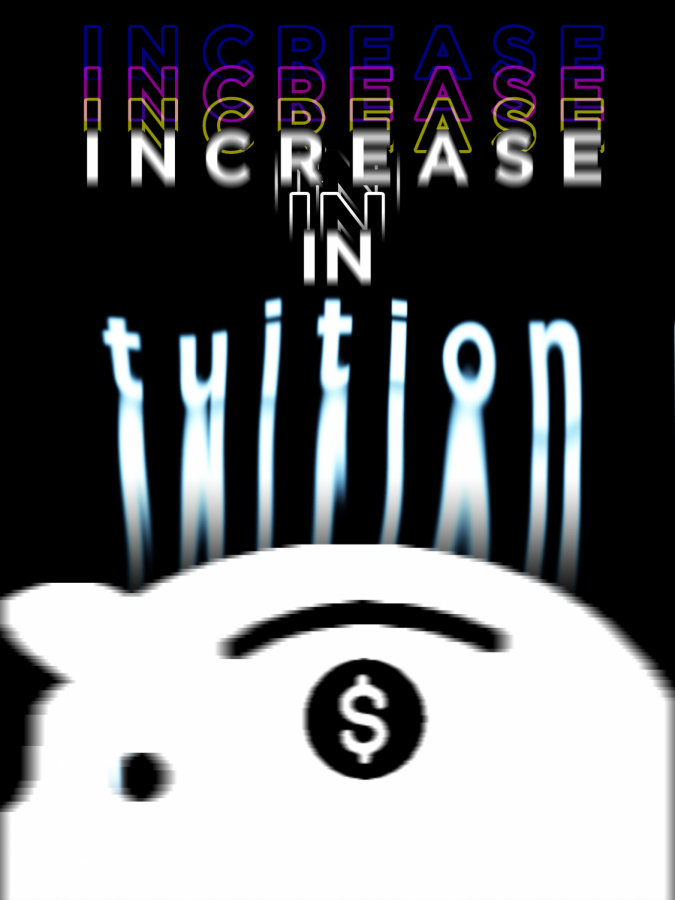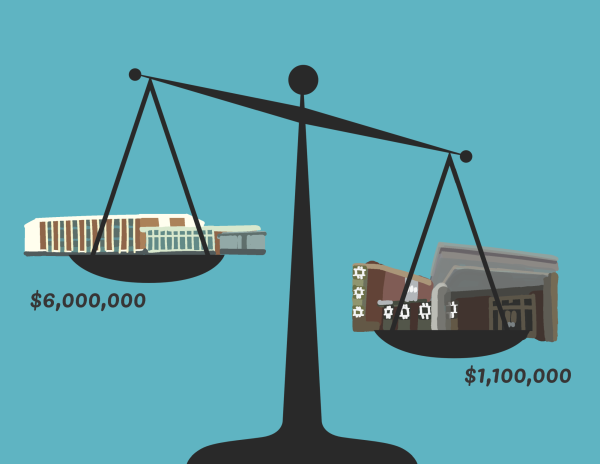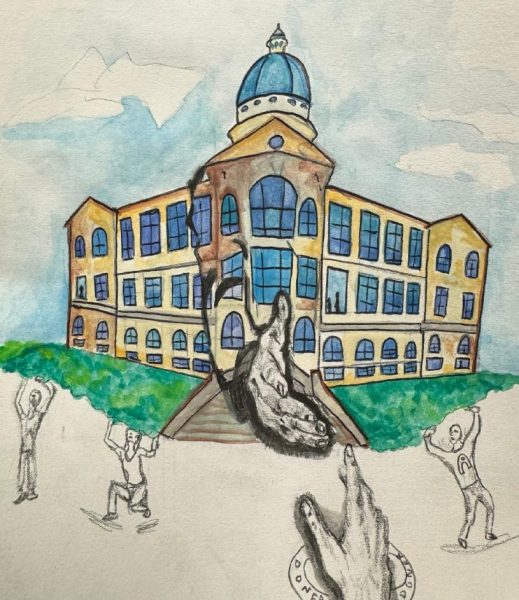Tuition increase is sensible, but to what extent?
November 27, 2021
On Nov. 11, Chief Financial Officer and Vice President of Administration Kirk Anderson released an email to students informing them that the comprehensive fee to attend the college for 2022-2023 will increase by 3.5 percent.
Tuition for the current 2021-22 academic year is currently around $57,685 including tuition, housing, meals, and the health clinic fee. Utilizing straightforward math, a 3.5 percent increase will raise the comprehensive fee for next year to around $59,704 (rounding to the nearest dollar).
It’s not too radical to expect the institution to up the cost incrementally over time. For instance, the comprehensive fee for the current school year was upped by $1,333 due to the “resources needed to continue providing the high-quality education students expect to receive at Augustana,” as cited in an email from Anderson, Nov. 9, 2020.
Even though this upcoming increase in cost may anger multiple students and their families since they already provide so much to attend this institution, the college itself also has needs that have to be fulfilled. Colleges cannot be immune from outside forces that may negatively impact their ability to operate.
Anderson’s first justification resides in inflation. Despite installing solar panels to mitigate some costs, the college experienced an almost 25 percent increase in the cost of energy to operate from September 2020 to September 2021.
The cost of food over the same time frame has also increased by 4.6 percent, in which Anderson notes that the products used are sourced “with a fine balance between quality and cost.” Student opinions on the quality of meals may be polarizing, but the increase in food costs across the board is very significant due to the supply necessary to provide for students.
Holistically, areas of operation have seen a four percent increase in costs, and Augie has tried to find ways to avoid even higher increases. We are still overcoming the COVID-19 pandemic, and costs, inflation, and so on have all suffered severely as a consequence.
The next motive is the college’s “commitment to strong staffing.” It has had to increase its wages in order to stay competitive and attractive for prospective employees. These increases range from one percent to three percent according to Anderson, and they represent the first wage and salary adjustment in the last two years.
Student workers have not seen any changes in wages, with positions such as dining services making only $9.25 an hour instead of Illinois’ current $11 minimum wage.
The email then contains a small blurb on “continuing growth,” citing “new and improved programming in CORE, health and wellness, facilities, and academic offerings.” While these notes may appear to be vague and informative, we can comprehend the college’s efforts to make the students its primary focus.
I think we can agree that the aforementioned circumstances and causes are valid when deciphering the motives behind the increase in the large comprehensive fee. Scholarships, grants and other forms of aid also exist, and this is very much prevalent in my own experience. The tuition number may seem intimidating, but after considering that Augie is a private institution that can provide more financial aid to more students, the number becomes much more tame.
Anderson’s final section of the email details the financial gifts and endowment the college receives, but obviously those funds cannot offset the costs impacting the college. He notes that “nearly 4,000 alumni donate annually to the college and in the 2020-2021 cycle, gifts and endowment income will support 14 percent of the total cost to operate…”
We are heading into 2022-2023, and the world, especially its economy, has altered dramatically in the past two years. As we’ve had to see overall changes in our quality of life, so too has the college, and we need to understand the increase in costs that will be an organ in which the institution can function respectably.

